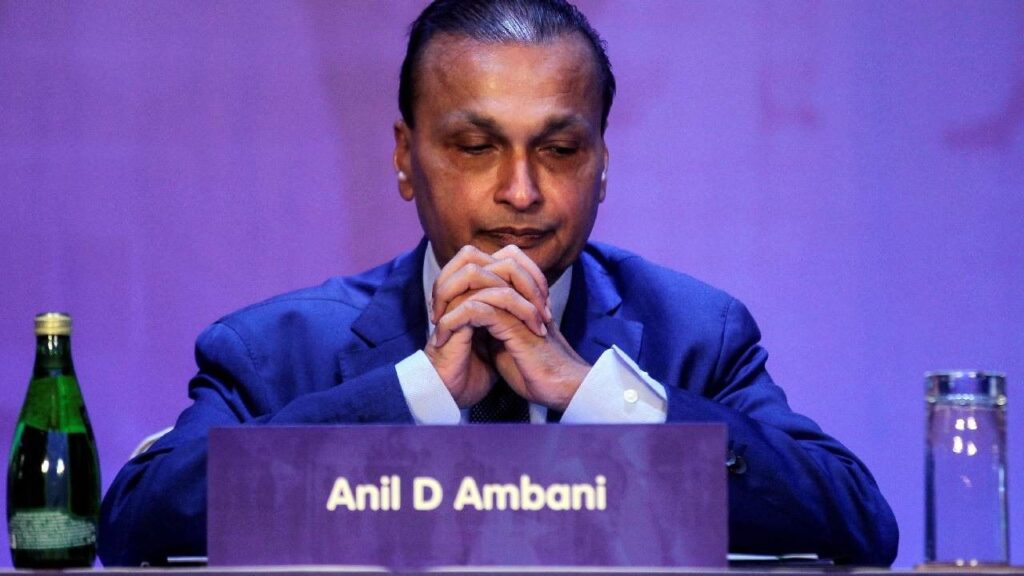Introduction
Reliance Capital Limited (RCAP), burdened under substantial debt, is currently facing challenges regarding its resolution plan. Lenders have raised concerns that Hinduja Group’s subsidiary, IndusInd International Holdings Limited (IIHL), is employing delay tactics to hinder the implementation of the rescue plan. In response, IIHL has firmly rejected these allegations, asserting that they are adhering to proper procedures. IIHL emerged as the successful bidder for the acquisition of Reliance Capital.
Financial Details of the Case
The National Company Law Tribunal (NCLT) in Mumbai sanctioned IIHL’s resolution proposal worth ₹9,861 crores for the beleaguered financial firm on February 27, 2024. According to reports, lenders claim that IIHL submitted its application for approval to the Department of Industrial Policy and Promotion (DIPP) later than required. They pointed out that this approval was not included in the specific conditions the NCLT established when endorsing the resolution plan.
| Date | Event | Amount (in crores) |
|---|---|---|
| February 27, 2024 | NCLT approves IIHL’s resolution plan | ₹9,861 |
| N/A | IIHL deposits amount with Committee of Creditors (CoC) | ₹2,750 |
Pending Approvals and Their Importance
It has been reported that more than 90 days have passed since IIHL submitted its application to DIPP, yet the approval remains pending. IIHL’s sources claim that these allegations against them are baseless and represent attempts to disrupt the resolution process, which they find misleading.
Importance of DIPP Approval
The DIPP’s approval is vital in this scenario because a segment of IIHL’s shareholders are residents of Hong Kong, a region controlled by China. According to regulatory policies, any entity, citizen, or permanent resident from a country sharing land borders with India (including China, Bangladesh, Pakistan, Bhutan, Nepal, Myanmar, and Afghanistan) requires government clearance for investments in India.
Conclusion
For IIHL, timely execution of the resolution plan is crucial, especially given their prior deposit with the Committee of Creditors. Staving off delays is in everyone’s best interest, including that of the stakeholders involved, allowing them to mitigate daily devaluation. The situation continues to evolve, with both sides presenting their arguments to expedite the resolution process.

